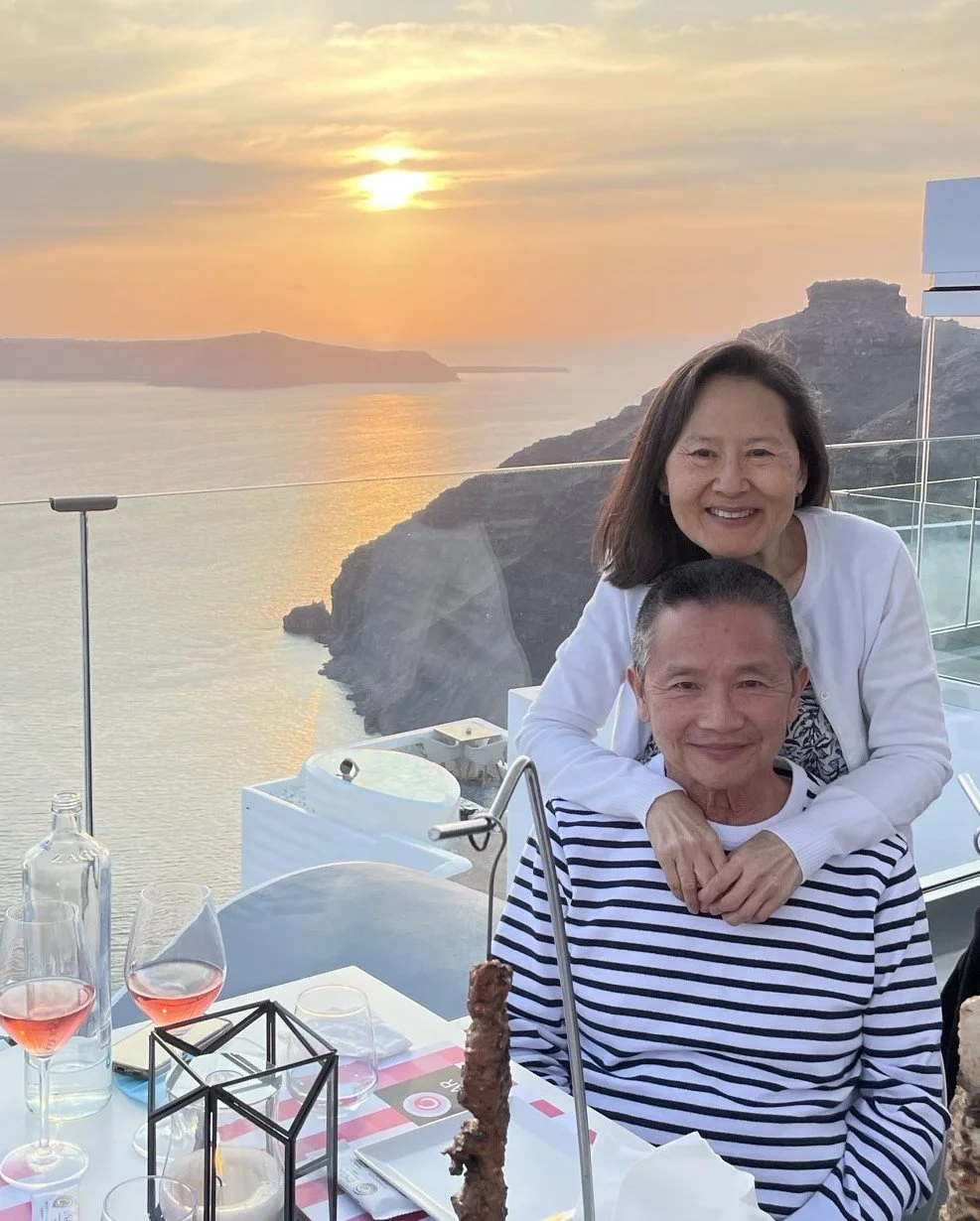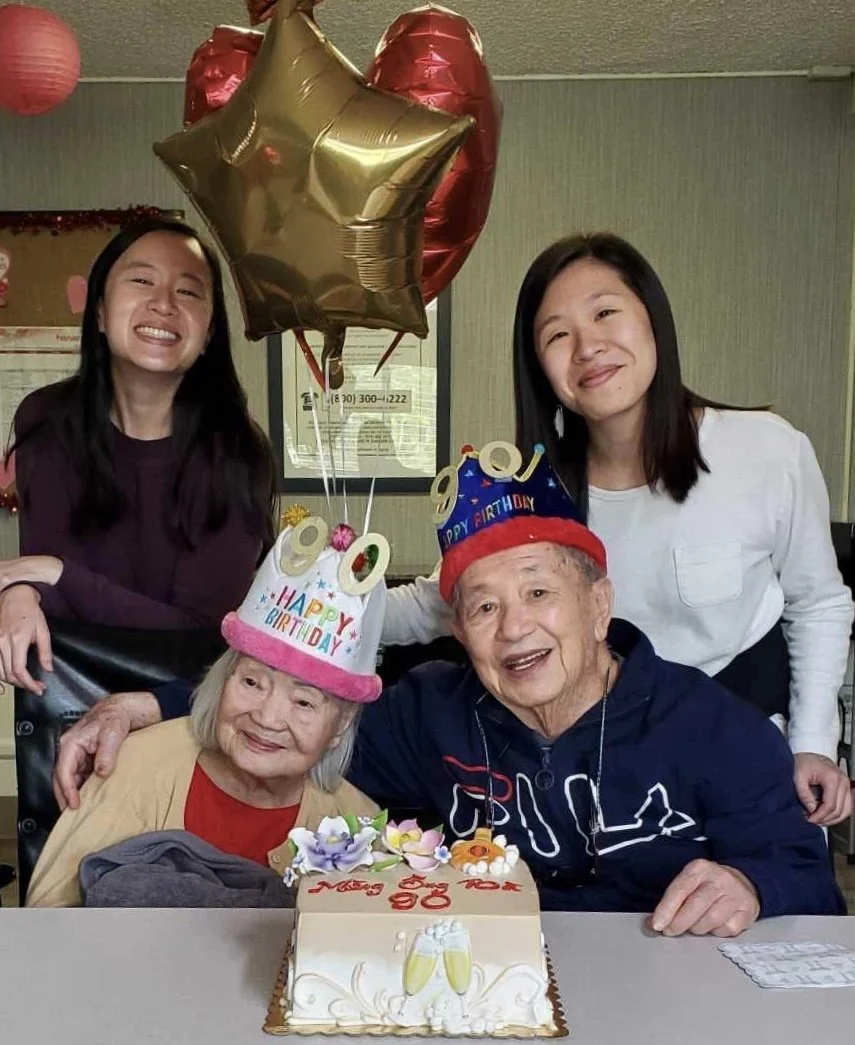Duties of the Diaspora
By C To
My parents and their parents fled Saigon, Vietnam in 1975. Although my parents did meet on that cargo plane flying out of the city, their love story didn’t start until they were at Camp Pendleton, California, and further into their transition into living in the United States. The daughter of a South Vietnamese Air Force Lieutenant Colonel and the son of an American-employed father, my mother and father, respectively, then grew into the adults they are today.
I was born in 1999 in Rockville, MarylandMD. By that time, my parents had spent more than 20 years in this country—veteran immigrants in a way. They were well on their way to reaching the “American Dream,” having become engineers in the DC metropolitan area. I grew up with resources that they never had when they came to the country, and had the privilege of learning and knowing English in an environment where accents were still mocked. This quickly planted a fierce pride in my Vietnamese, and more generally Southeast Asian American roots, coupled with a deep appreciation for others’ diaspora experiences. It was both a matter of preservation and community for my sister and me to cling onto our experiences as American children with immigrant parents, before we could understand the nuance that adulthood would ultimately bring to our identities.
From young adulthood, especially within my academic and professional life, I have found myself at the intersection of sociology and public health. My social justice interests began, funnily enough, on Tumblr in the early 2010s, developing into a more formal area of study in college, coupling with public policy and public health. In combining these areas, I became very interested in health disparities stemming from policies, on the basis of demographics such as race, gender, sexuality, and more. This interest only deepened as I began working on research projects about harm reduction and HIV. I had the privilege of speaking with individuals who have been particularly marginalized, especially due to stigmas against substance use and homelessness: I conducted surveys and interviews on the phone, in person at hospital sites, and even once at a Burger King. Although these were research activities, I realized that these spaces, when built intentionally, helped grow a community of people with lived experiences and researchers, and created environments where people could share their experiences when most others dismiss their right to be heard.
Despite the 100-plus people I spoke with, however, I did not encounter a single Asian person, let alone a Southeast Asian American. Why was it that at a syringe exchange, in a city where nearly a third of its population is Asian—and particularly Vietnamese—there were so few Asian clients? (Perhaps there are few Asian American drug users in that area, but I don’t think that’s true.) As a result of this observation, with such a personal stake in our community, and a longstanding interest in immigration and related policies, I gained a personal passion and desire for (1) understanding why there might be less Asian American representation in such research, and (2) centering Asian Americans in my own work, especially our Southeast Asian community. This includes, similarly to SEARAC’s work in data equity, disaggregating data to better understand the experiences of our communities, in areas such as substance use and potential health disparities.
Given these experiences, I have started this year, the same year of the 50th anniversary of refugee resettlement, with much sorrow, anger, and frustration. It is unjust that a slew of racist, sexist, and transphobic Executive Orders, words, and officials are reverting so many years of progress that countless refugees and immigrants, and now my generation and I, have fought for. It is infuriating and terrifying that a myriad of social programs, even if flawed, are now stripped of funding at the hands of this administration. I am particularly appalled given my family’s generational connection to this area: My father worked for a USAID contractor in the late 1990s, analyzing satellite networks through which the organization communicated; his father was an operations manager in the mid-1960s, coordinating flights to South Vietnamese sites for Vietnamese and American USAID workers.
Despite creeping despair, however, I know I am forever empowered by those who came before me: My parents have always been fighters, as have all of us Southeast Asian Americans. We will continue to fight these injustices, to rest to heal ourselves and our communities, and to share joys that cannot be taken from us.
C To (they/them) is currently a Senior Program Analyst at Victory Programs, Inc., in Boston, Massachusetts, where they use their background in mixed methods research to evaluate programs that assist individuals experiencing homelessness, substance use disorders, and unstable living conditions in seeking social and health services. They are a proud Southerner at heart, and passionate about improving health especially for marginalized groups (e.g., Black and Indigenous populations, people of color, queer and genderqueer folks, people who use substances).


